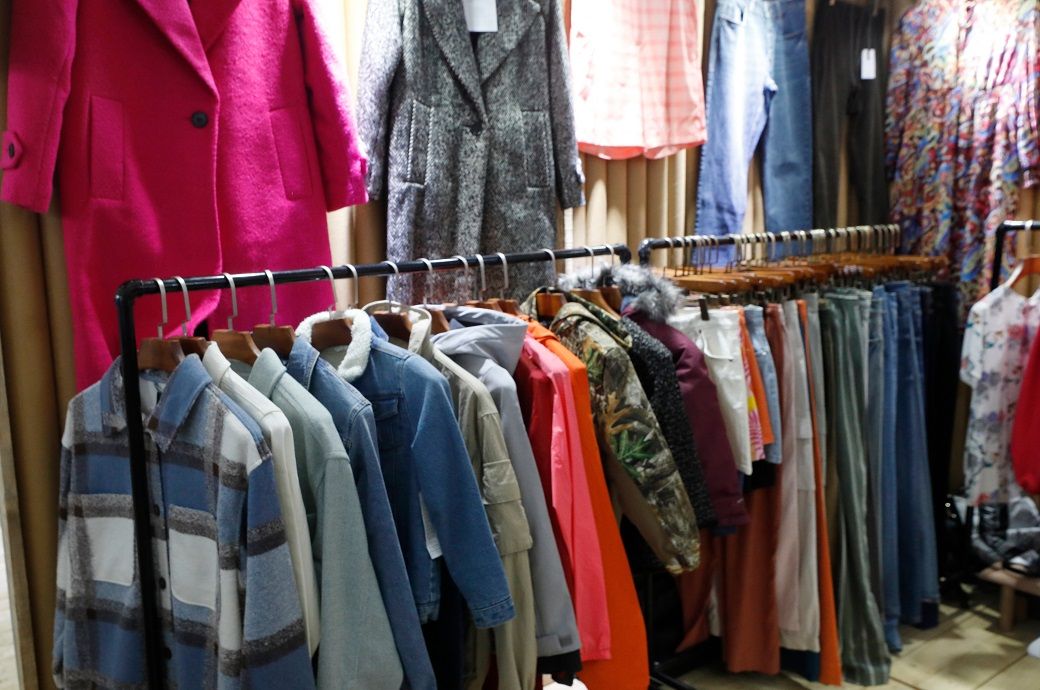
The Caribbean Basin Economic Recovery Act (CBERA) continues to have a limited effect on the US economy but provides positive benefits to participating countries, according to the USITC’s 27th biennial report for 2023–24.
CBERA’s impact on the US economy remains small but benefits Caribbean nations, says USITC’s 27th biennial report for 2023–24.
Imports fell 34.5 per cent to $1.8 billion in 2024, with utilisation dropping to 27.7 per cent.
Despite this, per capita exports rose, led by Haiti’s apparel sector.
HOPE/HELP expiry in September 2025 could severely impact Haiti’s economy.
The report, ‘Caribbean Basin Economic Recovery Act: Impact on US Industries and Consumers and on Beneficiary Countries, Twenty-Seventh Report, 2023–24’, notes that while imports under CBERA totalled $1.8 billion in 2024—down 34.5 per cent from $2.8 billion in 2022—the programme still supports export diversification, particularly Haiti’s apparel industry.
The USITC identified methanol and T-shirt industries as slightly negatively affected by CBERA competition, though job losses were offset by gains in US yarn and fabric exports used in Haitian apparel production.
CBERA utilisation fell from 50.9 per cent in 2022 to 27.7 per cent in 2024, largely due to reduced imports from Haiti, Trinidad and Tobago, and Guyana, the report said.
Despite lower utilisation, per capita CBERA exports rose from $297 to $352, indicating a stronger export base. Product diversification expanded by 5 per cent since 1990, though exports remain concentrated in methanol, energy products, textiles, and apparel.
The report anticipates CBERA’s economic impact on the US to remain small but highlights that expiration of HOPE and HELP Acts on September 30, 2025, could significantly hurt Haiti’s economy.
Fibre2Fashion News Desk (HU)






